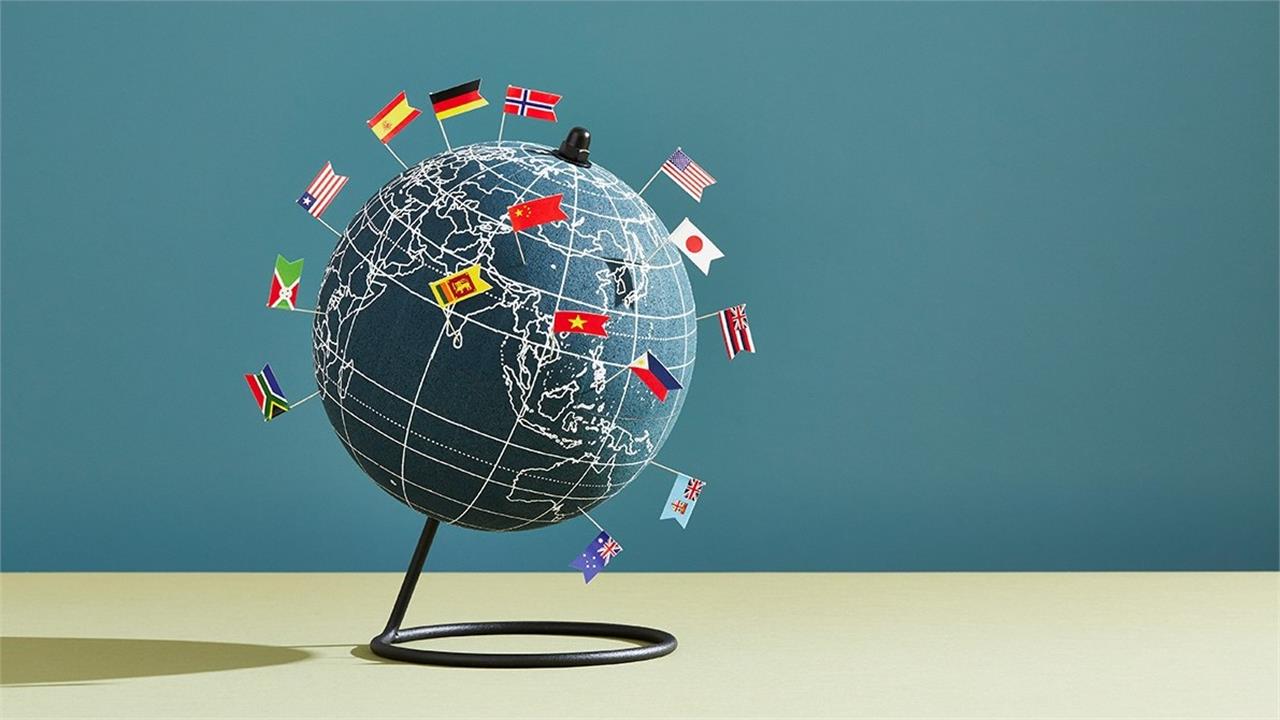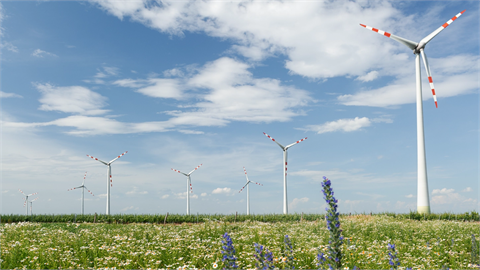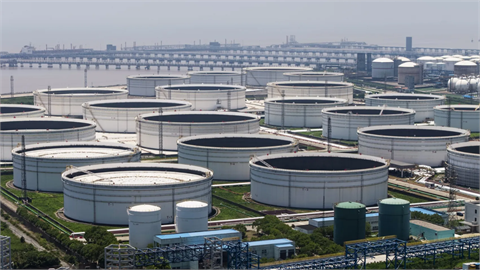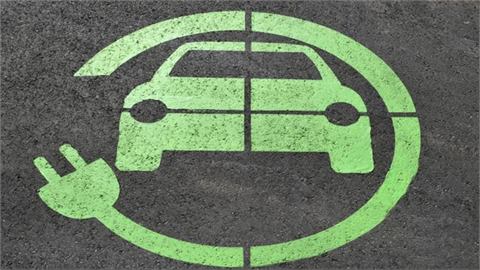The global economic order is shifting rapidly, and the move away from globalisation toward a more protectionist framework is reshaping the way countries trade, invest, and secure resources. This change is particularly significant for the energy sector, which depends heavily on stable international flows. South East Europe (SE Europe), as a net energy importer, finds itself especially vulnerable in this evolving landscape.
For over two decades, the region has benefited from an increasingly interconnected global economy. Liberalised energy markets, lower trade barriers, and diversified supply chains allowed SE European countries to access fuel and electricity at competitive prices. But as globalisation gives way to strategic competition, tariffs, export controls, and national security-driven trade restrictions, this model is under threat.
Energy trade, which once thrived on openness and cross-border collaboration, is beginning to reflect the new geopolitical realities. A more fragmented and high-tariff global economy introduces new costs and uncertainties. The increased use of tariffs, preferential policies for domestic producers, and the growing weaponisation of trade tools are impacting the flow and pricing of oil, gas, and electricity. For SE Europe, which lacks sufficient domestic production from fossil fuels and RES alike, these developments could significantly increase its energy bill.
Energy flows may also face logistical and regulatory hurdles. Infrastructure projects, such as cross-border pipelines or electricity interconnectors, could be delayed or deprioritised if protectionist pressures make regional cooperation more difficult. Even in cases where physical supply remains uninterrupted, financial and legal complexities introduced by trade barriers could raise costs and reduce flexibility for buyers.
As a result, energy prices in the region are expected to become more volatile. With fewer supplier options and rising transaction costs, fuel imports will likely become more expensive, and domestic prices could be subject to greater swings. This could hit households and businesses hard, particularly in economies already grappling with inflation or constrained public finances. In this environment, energy affordability and public trust in energy policy could quickly become political flashpoints.
More broadly, the shift challenges the core of energy security policy in SE Europe. As energy becomes entangled in the broader trend toward economic nationalism, the region must reassess its strategic priorities. The diversification of energy sources and routes—already a well-understood goal—become seven more urgent. But beyond that, there is a growing need to enhance domestic energy resilience. This includes greater investment in renewables, smarter grid infrastructure, more robust storage capabilities, and better regional coordination. Equally important is investment in oil and gas exploration as the region– apart from Albania, Croatia, Israel, Romania and Turkey – lacks vital hydrocarbon production.
Energy security, long treated as a technical or economic issue, must now also be understood in geopolitical terms. A fragmented world will reward countries and regions that can insulate themselves from shocks, whether those come from markets, politics, or conflicts. SE Europe must avoid overdependence on any single supplier or transit corridor and build redundancy into its systems.
The region has made strides in recent years through energy market reforms, infrastructure upgrades, and increased focus on green transition goals. But the current shift in the global order makes clear that more is needed. The end of globalisation may limit the ability to rely on others—but it also creates an opportunity to strengthen what lies within. SE Europe should treat the new protectionist era not only as a challenge but as a call to build a more secure, sustainable, and self-reliant energy future.
[from the Editorial of IENE’s “Energy Weekly Report” (No 450) of April 25, 2025]




